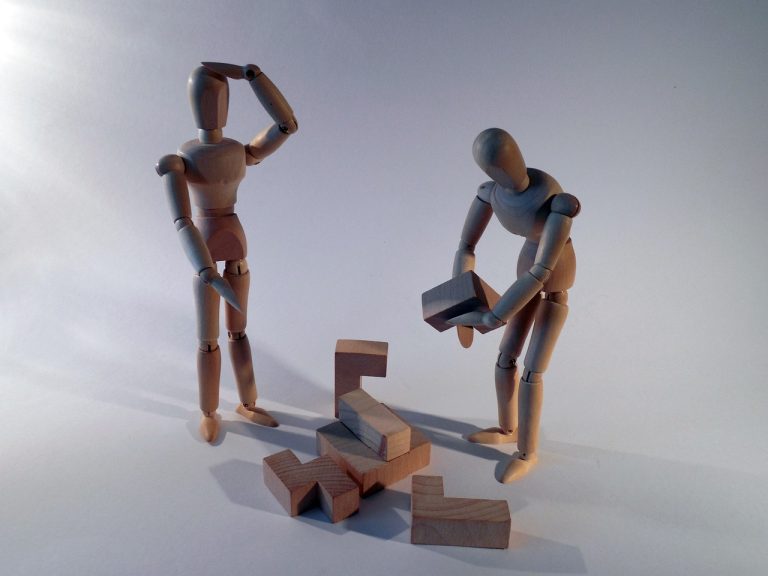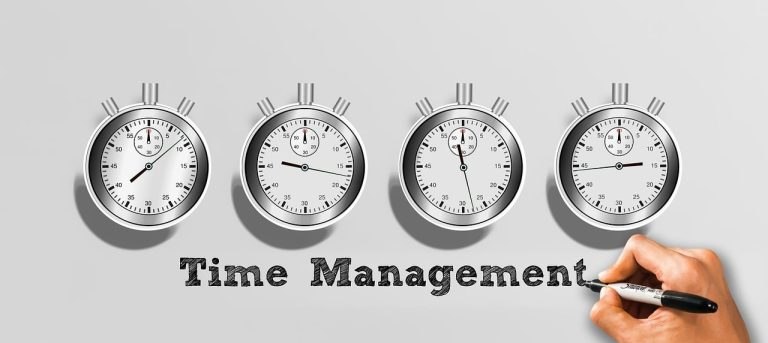They say money doesn’t buy happiness – and now an entire nation has proved it. For the third year in a row, Norwegians are the least happy people in the Nordics, despite having the world’s biggest piggy bank. The Finns, apparently, are the happiest. And according to happiness researchers, a close friend is worth more than a pay raise.
Personally, I envy those who seem to have a natural ability to not give a damn. Not the careless, reckless kind – but the calm, smart kind. The kind who know the difference between what they can change and what they just have to let go of. The ones who don’t get dragged into stress, expectations, and the endless tug-of-war of modern life.
March 20 is the UN’s International Day of Happiness – a reminder of how important well-being is, both for individuals and society. Ironically, many people stress so much about finding happiness that they forget to be happy. Maybe that’s why the most content people I know are the ones who’ve mastered the art of not giving a f*ck – at least not about everything.
One of them is a friend and former colleague, now a Nordic sales director at a major international company. He’s without a doubt the most positive person I know – such a natural relationship-builder that someone should make a movie about him (and no, not one of those dark Netflix documentaries with ominous music – a feel-good one!).
I recently caught up with him and asked how work was going. He still enjoys it but told me honestly::
Sell more, hit targets, people leave, new people come in – and even though we’re doing great in the Nordics, I never know when it’s my turn to get cut.
That’s modern work life in a nutshell. No security, no matter how good you are. I know this because I once left a job after 11 years for something “safer,” only to end up in even more uncertainty.
Then he said something that stuck with me:
“What saves me is that I’ve always had this natural ability to not give a damn and just live in the moment. If I can’t control it, I can’t control it – so why worry?” He laughed, like he always does – warm, genuine, and without a trace of anxiety.
Sure, he probably has worries like the rest of us – he just doesn’t let them shape his mood or how he treats people. And that’s likely what makes him so likeable – and so contagiously positive.
And he’s right. All we can do is our best – so why waste energy on things we can’t change anyway?
Maybe your day started off terribly – but does it really have to ruin the rest of it? Maybe interest rates are rising again, the currency’s crashing, and new tariffs are hurting your business. But what can you actually do about it?
Crying in a corner won’t help. You have to face it – and make the best of it. That’s his real strength. He just keeps doing that, again and again. He doesn’t let the unpredictable drain his energy.
It reminded me of one of my wisest Greek friends, a man full of life experience. Back in 2013, during the financial crisis, I asked how he was doing. He spread his arms and said:
“Finance crisis? What can we do? Enjoy life!”
So how do you actually learn to give less of a damn?

How to Care Less (Without Becoming Indifferent)
For some, it comes naturally. For the rest of us, it takes practice. Here are a few steps to get started:
1. Identify What You Can Actually Control
Use the “Circle of Concern” method:
- Inner circle = things you can control (your actions, your reactions)
- Outer circle = things you can’t control (the weather, the market, what your boss thinks)
Stop wasting energy on the outer circle. Focus on where your actions matter.
2. Practice Saying “No”
The more you try to please everyone, the more you drain yourself. There’s no medal for burning out to make others happy.
Ask yourself: Is this really my responsibility?
If not? Let it go.
⚠️ This isn’t about slacking off – especially not at work. It’s about setting boundaries. You can be responsible without taking on everything. Saying no to what’s not yours to carry isn’t selfish – it’s smart.
3. Ask: What’s the Worst That Can Happen?
Most of our worries are feelings, not facts.
- Get fired? There are other jobs.
- Make a mistake? No one will care in a week.
90% of what we worry about never happens. Or as Norwegian TV host Harald Rønneberg once said:
“There’s a limit to how bad it can get.”
4. Do Something You Enjoy Every Day (Work Doesn’t Count)
Life isn’t supposed to be one long to-do list. Find something that brings you joy – with no goal attached.
- Music
- Walks
- Cooking
Whatever feels good – as long as it’s not about performance.
5. Study People Who’ve Mastered It
Find someone – a colleague, a friend, a public figure – who seems unfazed by pressure. Watch what they actually do.
Notice how they:
- Take a pause instead of jumping into every task
- Say “we can’t do anything about this now” – and mean it
- Don’t reply to emails at 10 p.m.
- Handle criticism without spiraling
- Laugh at themselves and don’t take life too seriously
Talk to them. Ask what they focus on. You don’t have to copy them – just pick up a few tricks to test out for yourself. It’s not about becoming someone else, but about becoming a freer version of you.
6. Limit Your News Consumption
News matters – but there’s a difference between being informed and being overwhelmed. Constant exposure to global crises and drama you can’t influence raises stress and anxiety levels. Studies confirm this.
Caring less also means protecting yourself from what you can’t control. That doesn’t mean ignoring the world – just maybe checking the news once a day instead of every hour.
7. Regret What You Did – Not What You Didn’t Do
We often overthink things that actually matter. We talk ourselves out of opportunities with logic and risk calculations – and end up stuck in a comfort zone that feels kind of empty.
What’s worse: trying and failing – or never knowing what might have happened?
Most people don’t regret their mistakes. They regret the chances they didn’t take.
What if I had asked her?
What if I had dared to start?
What if I had said yes?
Caring less also means not letting fear or overthinking stop you from living. Sometimes you just have to jump – and trust that you’ll either land… or learn to fly on the way down.kymringer hindre deg i å leve. Noen ganger må du bare hoppe, og stole på at du lander – eller lærer å fly underveis.
Men er det ikke litt farlig å gi for mye faen?
JBut Isn’t It Dangerous to Stop Caring?
Yes – there’s a balance. Caring less doesn’t mean you stop caring about what matters. It means you stop wasting energy on things that don’t.
I like to think I don’t care what people think. But honestly? That’s not always true.
One time I really did stop caring, though, was when I moved away from a small town where everyone talks. After six months, I came back to visit and ran into a neighbor. He didn’t ask how I was – he assumed.
“Oh, so… you’re out now?”
I was confuced and asked:
“What do you mean?”
“Weren’t you at some kind of rehab or something?”
In reality, I had started a new job in a nearby city and was building a network. But he didn’t ask. He judged.
So I just said:
“Yeah, I was – and I’m doing much better now.”, and then walked away.
As long as I know what’s true, I try not to care what others assume.
On other fronts? I still struggle – but I’m working on it.
You can actually train yourself to shift your mindset, so you don’t let the uncontrollable drag you down. It’s not about apathy – it’s about choosing where to put your energy. And in light of today’s global uncertainty, I think most of us could benefit from caring a little less – in the healthy way.
Because let’s be real: It’s easy to say “just care less,” but much harder when it’s something you truly care about.
This is a battle I’ve carried with me my whole life – and the reason I once wrote about how perfection can be the enemy of good. If you relate, I recommend reading it – because maybe balance is the real perfection.
I haven’t mastered it yet – but I’m trying.
Maybe learning to care less – in a healthy, mindful way – is the key to real happiness. Not indifference, but freedom from the things we can’t control.
What can we do? Enjoy life.





